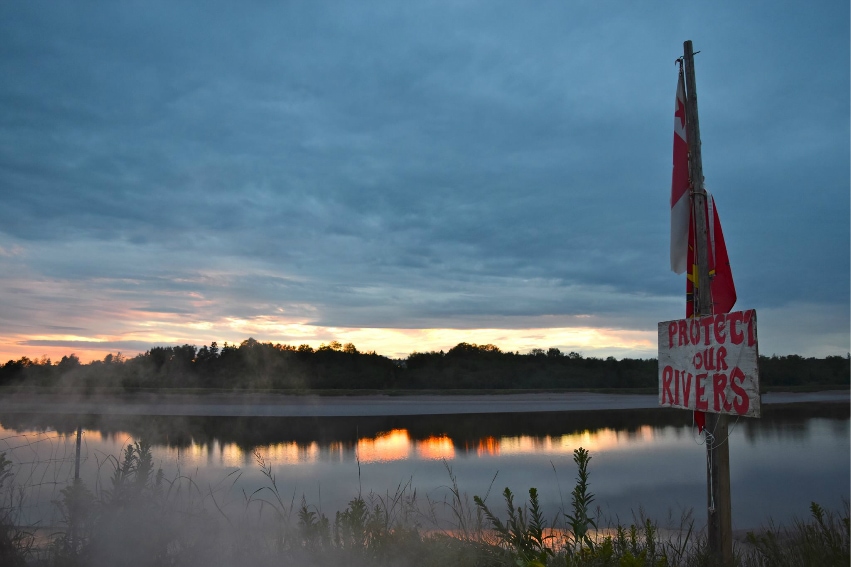KJIPUKTUK (Halifax) – Lots of apologies lately about Alex Cameron, the lawyer who argued that the Sipekne’katik Band was a conquered nation, therefore treaties don’t apply, and the duty to consult does not apply.
And lots of questions as well. Where did this supposed rogue lawyer come from, and who approved this approach? Not Stephen McNeil, apparently, and not justice minister Diana Whalen either.
But these questions and the apology only deal with part of the story. The problems are deeper.

McNeil’s apology applies to an argument Cameron made in Court in November, and it is phrased rather peculiarly.
“The words that were attached to a brief that went before the court were not mine and not my feelings,” said McNeil. The offending words of course were conquered people.
In June, in the same case, Cameron also argued that treaties don’t apply.
The treaty of 1752?
“Courts have consistently found that the treaty of 1752 was terminated by hostilities shortly after 1752,” writes Cameron in his June submission. “In sum, the courts have held that the Treaty of 1752 did not survive. The applicants have no claim to rights under it.”
The treaties of 1760 – 1761?
“In sum, while the Applicant claims aboriginal title and treaty rights, the law does not support such claims in respect of title at Shubenacadie and rights under the 1752 Treaty, and casts considerable doubt on claimed rights under the Treaties, 1760-1761.”
No offending words this time, but same outcome.
Looks like the apology needs to be extended. As must the search to establish who approved what when.
Better yet, given the terrible mess it made, government should just withdraw its case, and properly consult with the Sipekne’katik band.
If you can, please support the Nova Scotia Advocate so that it can continue to cover issues such as poverty, racism, exclusion, workers’ rights and the environment in Nova Scotia.




“Rogue lawyer” is the most accurate (and polite) description of Cameron. Provincial and federal aboriginal law experts universally agree that the Crown has an obligation to consult with first nations in real property matters. I’m not sure to what degree consultation is required in non-crown projects, but Alton is more than a non-crown private project, involving provincial sub-surface mineral rights and provincial riparian rights in the river so there’s no question that consultation is required. There’s a principle of upholding the honour of the crown but working in good faith with first nations. How did Cameron manage to go sideways here? Your guess is as good as mine.